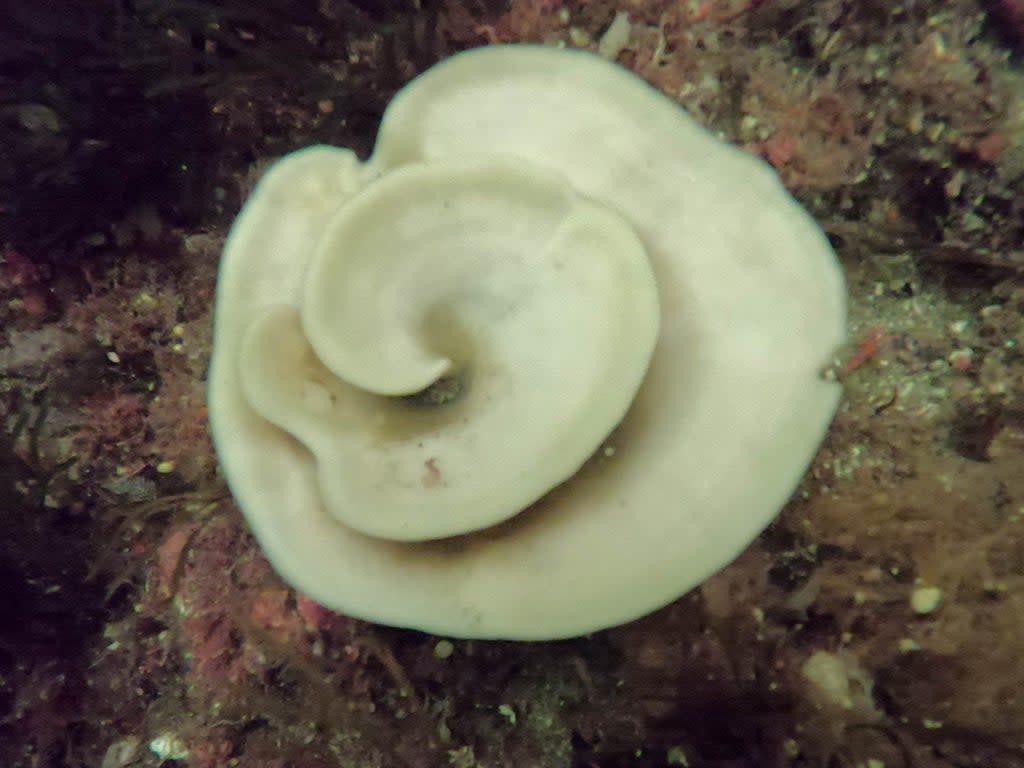Scientists alarmed by discovery of bleached sea sponges off New Zealand for first time

Mass bleaching has been spotted for the first time on native sea sponges in New Zealand.
Scientists said that the sponges, which should have been a healthy, velvety brown, have been bleached white, and were spotted under the water in Breaksea Sound and Doubtful Sound fjords in Fiordland.
The discovery was made by marine biology professor James Bell while he was on a research trip last month.
Mr Bell, from Victoria University of Wellington, said such bleaching had never been seen before in New Zealand, and there were few reports of it happening in cold waters internationally.
“This just highlights the kind of climate crisis that we’re facing. There are so many species around New Zealand and we don’t know what their thermal tolerances are,” he said, adding that the development was “alarming”, reported RNZ.
The affected sponges, one of more than 800 species in New Zealand, were found in more than a dozen places near the Breaksea Sound fjord. In some areas, up to 95 per cent of the sponges had lost their colour.
“Our initial estimates are there are at least hundreds of thousands of sponges likely to have been bleached and maybe even many more than that,” Mr Bell told The Guardian.
Scientists added that they suspect the bleaching developed quickly and may be widespread.

Sponge gardens play an important role in marine ecosystems by creating habitats for fish and releasing carbon that other species feed on.
“We [are] really worried, [the scientists] presented this information to us at our guardians meeting last week and [there was] ... stunned silence. It’s big news,” said Dr Rebecca McLeod a marine ecologist and chair of the Fiordland Marine Guardians.
Rob Smith, who is an oceanographer at University of Otago and works with the New Zealand government-funded Moana Project researching marine heatwaves, said there were extreme ocean temperatures in Fiordland – up to 5C more than normal.
“What we’ve seen this summer is the strongest marine heatwave on the west coast of the South Island in 40 years,” he said.
Mr Bell said sea sponges were a crucial link in the food chain and there could be serious consequences for fish numbers if they were wiped out.
“This could be the start of something really really bad for other ecosystems or the entire ecosystems in Fiordland, that’s kind of where it potentially goes – it’s pretty depressing,” he said.

